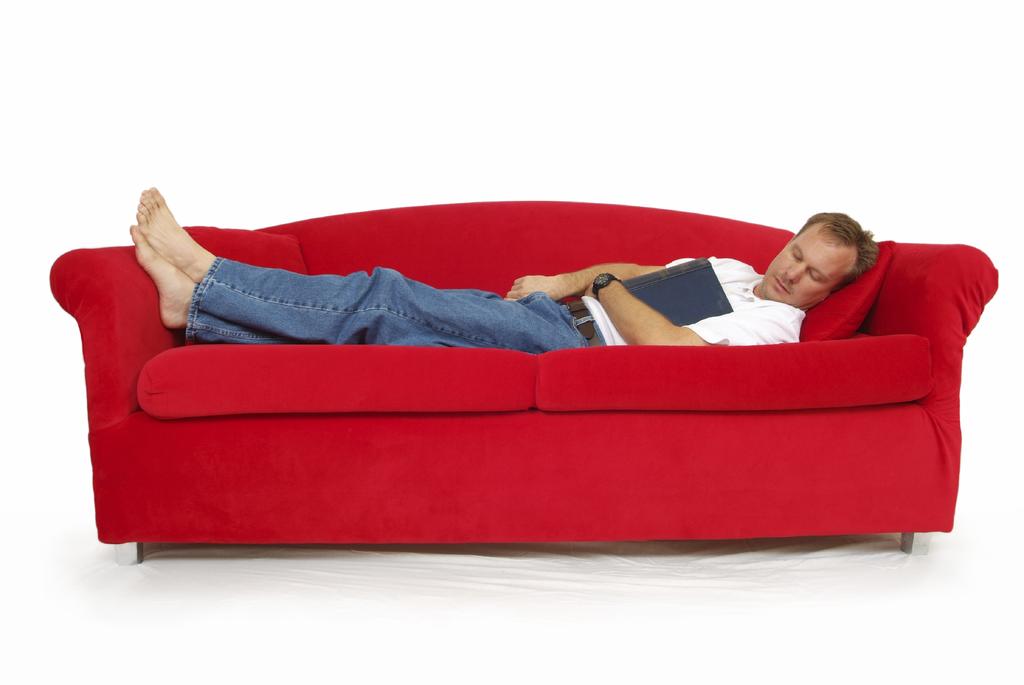Family lawyers have a high-pressure work environment and a constant workload, which often is used as an excuse not to take a break even when needed.
By Family Lawyer Magazine

Take a Break and Improve Creativity and Connection
The most recent study by researchers at Humboldt University in Berlin explored the psychological consequences of lunchtime habits, and found that eating alone in a short period of time negatively affected thinking and emotional states. The researchers measured the semantic memory, cognitive control and error processing, as well as the processing of emotional facial expressions of 32 females, half of which ate meals in a regular office environment and the other half that had time to eat in a restaurant with coworkers. The results found that people in the restaurant control group reported higher feelings of relaxation and reduced cognitive control, allowing for subjects to better process facial expressions, potentially increasing their creativity and connection to others.
According to a 2011 study by a human resources consulting firm Right Management, about 65 percent of professionals eat at their desks or do not eat at all. “Lunch patterns allow us to infer a few things about the North American workplace… and one thing that we already know is that the pressure for productivity and performance can be relentless,” said Michael Haid, Senior Vice President Talent Management at Right Management.
A 2009 study of 887 law firm lawyers in Alberta by the University of Calgary reaffirms these findings. Sociology professor Jean Wallace claims that participation in active and social activities for people in stressful workplaces helps to reduce depression and enhance mental health. The results claim that active vacation time, especially without constant connection to the office, creates more active and eager workers. “Organizations that encourage and support their employees taking vacations, participating in social activities and taking time for leisure may find they have happier employees and a healthier work environment.”
Family lawyers usually have a high-pressure work environment and a constant workload, which often is used as an excuse not to take breaks even when needed. Law professionals should rethink their schedules and make time for socialization and leisure, even when under pressure. As researchers in the Berlin report, “Reduced cognitive control is a disadvantage when close self-monitoring of performance and detailed attention to errors is required, such as in numerical processing,” or perhaps when enthralled in a complicated case. If you’re meeting with a client or your coworkers though, “an attenuation of cognitive control may be advantageous, such as when social harmony or creativity is desired.” Take your breaks and work smarter.
Family Lawyer Magazine is dedicated to helping lawyers & other divorce professionals to share best practices, grow their business, & attract the right clients.
Related Articles
Addiction and Mental Health Issues Among Family Lawyers
Published on:






